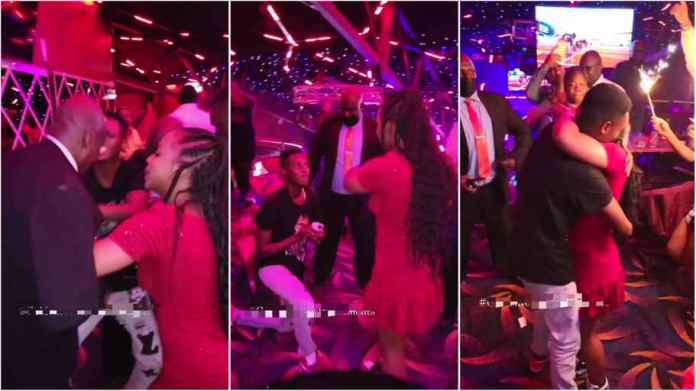Kenyan President Uhuru Kenyatta on Monday told the nation in an address before parliament that he would temporarily step down as president while attending a hearing at the International Criminal Court this week.
Kenyatta faces crimes against humanity charges at The Hague, Netherlands-based court for allegations that he helped instigate violence that followed Kenya’s December 2007 presidential election, when more than 1,000 people were killed.
The court ordered him to attend a status hearing Wednesday, denying his request that he participate by video. The hearing would be the first time a sitting president attends an ICC session, a mark Kenyatta’s political supporters have urged him to avoid.
Seeking to bypass that notation in history, the president on Monday said he would invoke a never-before-used article of the constitution that will see Deputy President William Ruto temporarily become president.
The temporary abdication is Kenyatta’s way of fulfilling the court order, but also insisting that he be a private citizen during the hearing.
In his speech, Kenyatta maintained his innocence, noted that the ICC prosecutor has been admonished by the court for her faltering, case and recalled that the African Union has passed a resolution granting immunity from international tribunals for sitting presidents.
Kenyatta also said Africa’s “century of exploitation and domination” by the West continues. Critics of the ICC note that it has only prosecuted Africans.
Lastly, Kenyatta said the accusations he faces occurred before he became president.
“It is for this reason that I chose not to put the sovereignty of more than 40 million Kenyans on trial since their democratic will should never be subject to another jurisdiction,” Kenyatta said.
“Therefore let it not be said that I am attending the status conference as the president of Kenya,” he continued. “Nothing in my position or my deeds as president warrants my being in court.”
George Kegoro, executive director of the Kenyan chapter of the International Commission of Jurists, lauded the president for following the rule of law. If Kenyatta had refused to go, he risked an international arrest warrant and international condemnation or economic sanctions against Kenya.
“If he had refused it would have destroyed our economy. The economy would not have recovered during his tenure,” said Gitobu Imanyara, a lawyer and former legislator.
The case against Kenyatta appears to be collapsing as witnesses refuse to testify or recant their statements. A once-rocky relationship with the U.S. and Europe seems to be improving.
Kenyatta, Ruto and a Kenyan radio personality all face crimes against humanity charges before the ICC for inciting massive violence following the 2007 election. That violence — often ethnically motivated — killed more than 1,000 people and uprooted 600,000 from their homes.
Kenyatta has appeared before the court before but was not president at the time.
Kenyatta and Ruto, who were on opposing sides of the 2007-08 conflict, formed a political alliance that won the presidency and a majority in parliament after they were indicted for the crimes against humanity. They used their cases as an us-vs-the world rallying cry.

No comments! Be the first commenter?